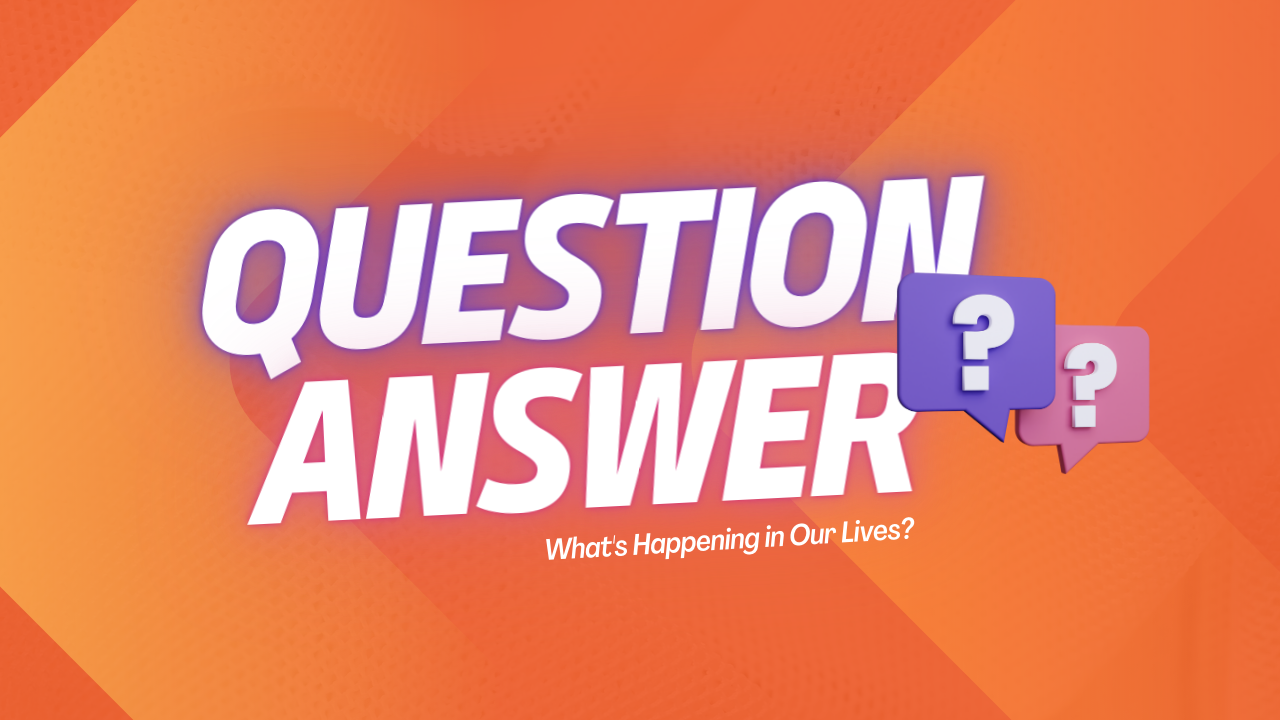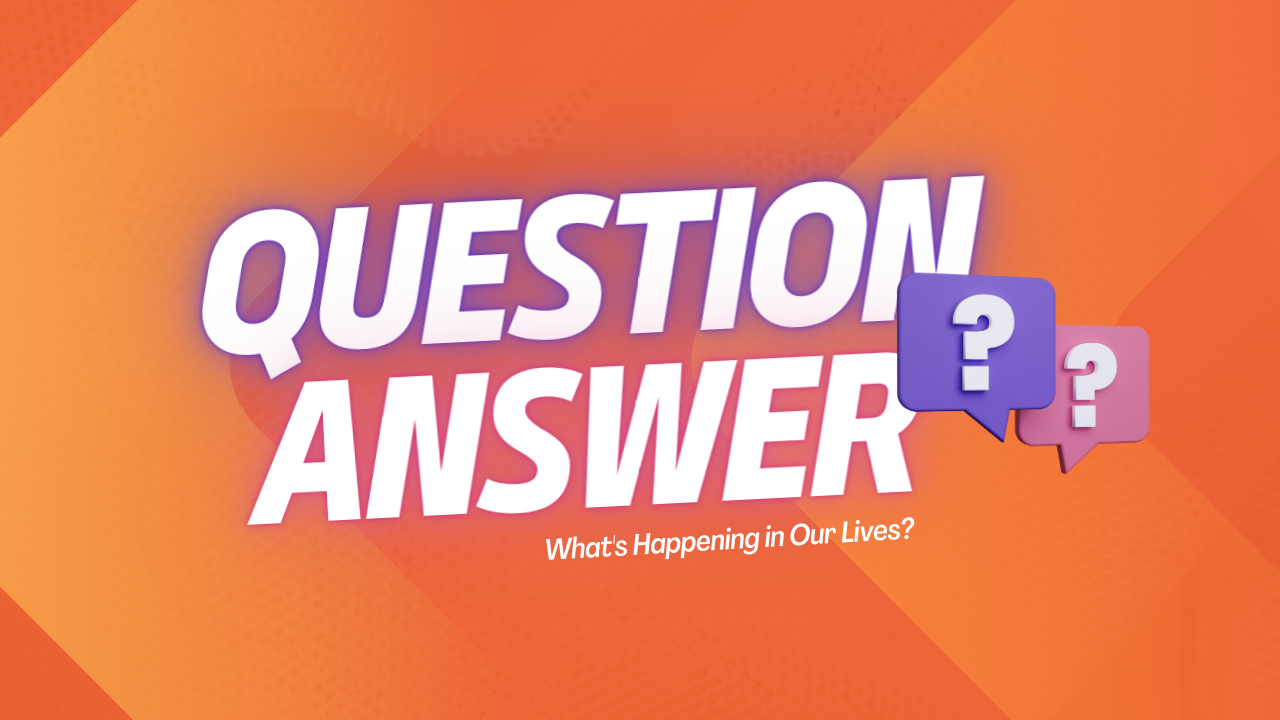What‘s The Difference Between Sales Tax and Excise Tax?
Sales tax and excise tax are two types of taxes imposed on goods and services in various countries around the world.
Sales tax is a tax that is added to the cost of goods or services at the point of sale. It is usually calculated as a percentage of the total sale price and varies from state to state. The purpose of sales tax is to generate revenue for the government and is typically used to fund public services such as schools, roads, and public safety.
And excise tax is a tax that is levied on specific goods such as alcohol, tobacco, and gasoline. It is also known as a "sin tax" because these goods are considered harmful to individuals and society. Excise tax is usually included in the price of the product and is collected by the manufacturer or distributor.
One of the key differences between sales tax and excise tax is the way they are calculated and collected. Sales tax is added to the total cost of goods or services, while excise tax is included in the price of specific products. Additionally, sales tax is collected by the retailer at the point of sale, while excise tax is typically collected by the manufacturer or distributor.
Difference Between Sales Tax and Excise Tax
| Point of Difference | Sales Tax | Excise Tax |
|---|---|---|
| Definition | A tax on the sale of goods and services | A tax on the production or sale of a particular good or service |
| Who Pays | Consumers pay the tax when they purchase a taxable item | Manufacturers or producers pay the tax and may pass the cost onto consumers in the form of higher prices |
| Rate | The rate varies by state and product, typically between 4-8% | The rate is typically a fixed amount per unit of the good or service |
| Collection | Collected by the seller and remitted to the state government | Collected by the manufacturer or producer and remitted to the federal government |
| Revenue Use | Used to fund state and local government services and programs | May be used to fund specific programs or industries, or for general revenue |
| Goods and Services | Applied to a wide variety of goods and services | Applied to specific goods and services, such as tobacco, alcohol, gasoline, and firearms |
| Example | A 6% sales tax on a $10 item would be $0.60 | A $1 excise tax on a gallon of gasoline |
| Policy Goals | Generate revenue for state and local governments | May be used to discourage consumption of certain goods, or to fund specific programs or industries |
| Administration | Administered by state and local governments | Administered by the federal government |
| Enforcement | Enforced by state and local tax authorities | Enforced by federal tax authorities |




%20and%20transform()%20in%20Pandas.png)

.png)